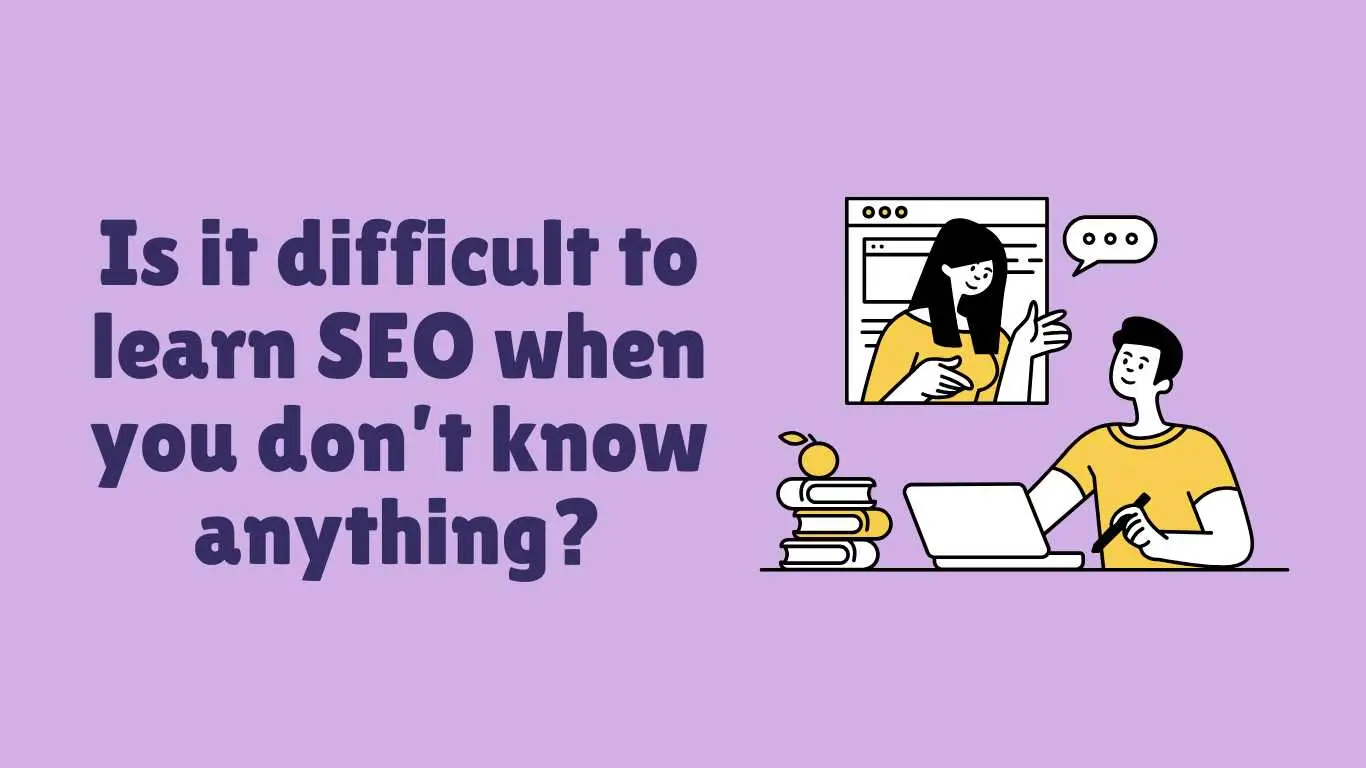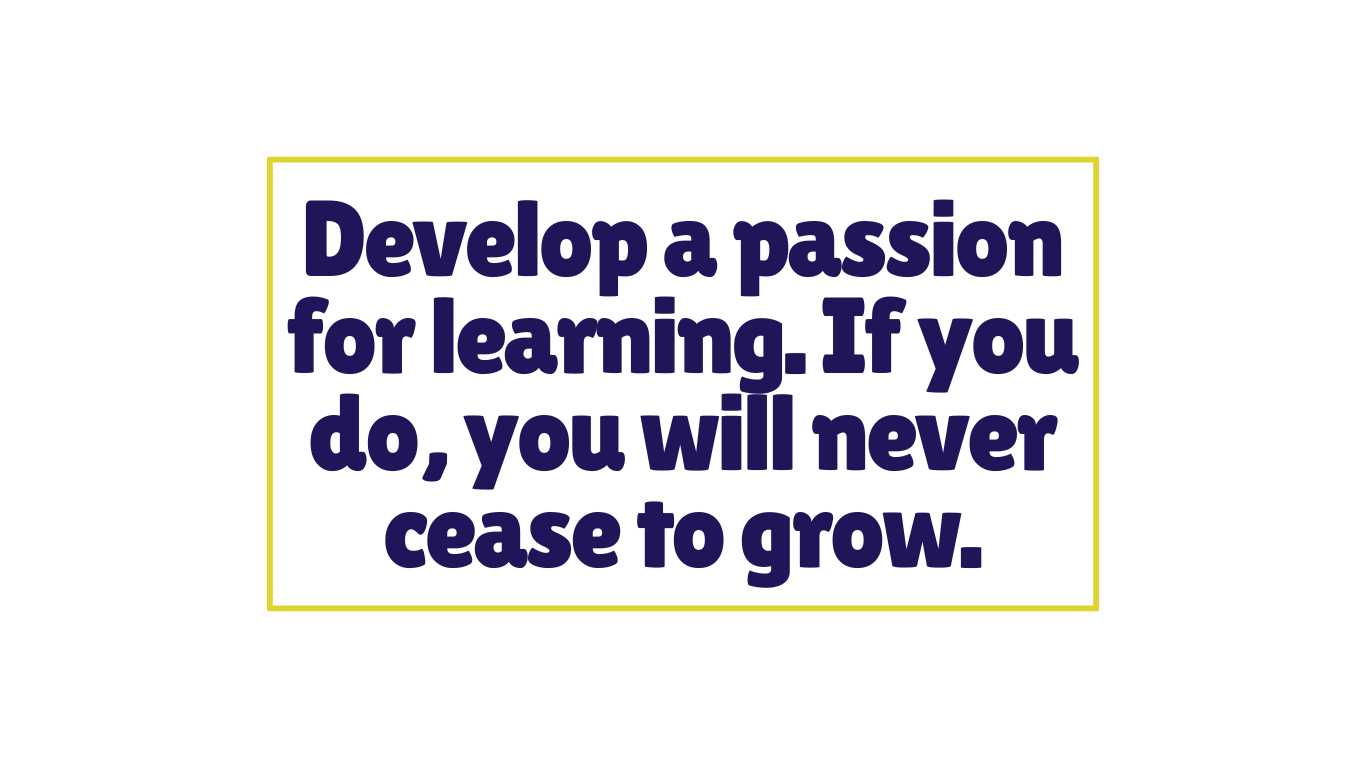Is it difficult to learn SEO when you don’t know anything?
Introduction
SEO refers to strategies and methods to improve a website’s visibility on search engine results pages (SERPs). It covers optimizing content, structure, and backlinks to gain organic traffic. SEO is significant for individuals and businesses, as it drives cost-effective traffic and builds audience trust. SEO isn’t inherently easy, but it can feel overwhelming if you don’t know where to begin. The most common question from a beginner is, “Is it difficult to learn SEO when you don’t know anything?”
The answer depends on several factors, including your goals, background, and how much time and effort you’re ready to put in. Let’s break down the challenges, timelines, and factors in learning SEO.
Major Problems in Learning SEO
- Constantly Changing Algorithms: Search engines continually modify their algorithms to give the best user experience and make it provocative for SEO professionals to stay afoot. The suggested practices for SEO strategies may change with each update.
- Search Engine Guidance: Major search engines such as Google provide guidelines that act as a structure for the best SEO practice. Comprehending and adhering to these guidelines is essential yet challenging for beginners, as violating them can result in penalties that decrease a website’s ranking.
- Balancing Extensive Knowledge with Specialization: SEO covers a range of skills, including content writing, web development, marketing, and data analysis. Learners sometimes struggle with the decision of whether to develop a broad knowledge base or specialize in one area.
- Compounding with Other Disciplines: SEO does not exist in a vacuum. It overlaps with diverse fields such as content marketing, social media marketing, link building, and web design. For a beginner, understanding how SEO incorporates these fields can be overwhelming.
- Effect of Misinformation: The internet is plethoric with outdated or inaccurate SEO advice, which can mislead inexperienced practitioners. Distinguishing genuine information can be difficult but is crucial for the success of any SEO strategy.
- Technical Complexity: Different SEO elements, such as schema markup, server response codes, and canonical tags, involve technical knowledge that can be daunting for those without a technical background.
Why SEO Is Easier Than You Expect?
Neglecting the challenges, SEO is not as challenging to learn as it looks when approached strategically. Here’s why:
- Beginner-Friendly Resources
The digital landscape is free and beginner-friendly resources:
Blogs like Moz, Ahrefs, Yoast, and Neil Patel offer comprehensive guides.
Many sites offer free courses like HubSpot Academy, Google, Simplilearn, and Coursera.
- Hands-On Learning Opportunities
SEO is a pragmatic skill that improves with hands-on exercise. You can gain experience optimizing your blog, website, or even a local business listing. In addition to strengthening principles, real-world application boosts confidence.
-
- User-Friendly Tools
Many SEO tools are made to simplify complex tasks. SEO tools like Yoast SEO (for WordPress), Google Analytics, Google Search Console, and Ubersuggest offer beginner-friendly user interfaces and actionable insights.
- Community Help
The SEO community is very supportive. Forums like Reddit’s SEO community, specialized Facebook groups, and platforms are popular for their expert pieces of advice. For example, You can connect with experts and beginners, willing to share knowledge and answer questions on Stack Exchange.
Breaking Down the Learning Journey
Learning SEO is a slow procedure. Here’s how to approach it in stages:
Step 1: Understand the Basics
You may start with foundational concepts:
- SEO, and it’s working?
- What is the difference between on-page, off-page, and technical SEO?
Step 2: Discover Key Tools
Learn how to utilize the following essential tools:
- Google Analytics: To display traffic and user engagement.
- Google Search Console: To track website performance.
- Keyword Research Tools: To find search terms your target audience uses.
Step 3: Focusing on On-Page SEO
Start with on-page optimization methods:
- Learn how to perform keyword research.
- Write high-quality, engaging, and SEO-optimized content.
- Optimize titles, meta descriptions, alt tags, and headers.
Step 4: Explore Off-Page SEO
Understand link-building strategies and how they help to establish high authority. You don’t need to be an expert at this stage, but knowing the basics is important.
Step 5: Tackle Technical SEO
Start with basic tasks like improving site speed, assuring mobile responsiveness, and submitting a sitemap to Google. You can test these things on your site using tools like PageSpeed Insights and mobile-friendly tests.
Step 6: Join Top SEO Communities
Regularly participate in SEO forums and groups. These communities can be invaluable resources for advice, feedback, and learning from others’ experiences.
Step 7: Courses and Certifications
Consider signing up for SEO-specific courses or certification programs that offer organized learning paths and can help clarify complex ideas.
Step 8: Practice, Practice, and Practice
Experiment with real projects, even if they’re too small. For example, optimize a blog or help a local business improve its website ranking. Use analytics to track development and adjust strategies.
Summing Up
Even though it may appear difficult at first, learning SEO is not difficult when you don’t know anything. Consistent practice and suitable resources make the process easier, even though it requires mastering various ideas and keeping up with changes in search engine algorithms. Anyone can learn SEO with commitment, starting with the basic principle and progressively gaining experience. SEO is an alloy of technical know-how, entrepreneurial spirit, and creative thinking. The secret is to approach SEO, deconstructing difficult subjects and drawing lessons from actual cases.









Leave a Reply